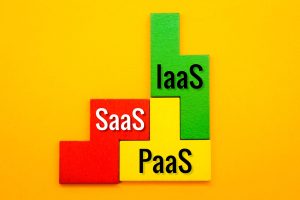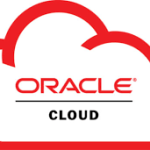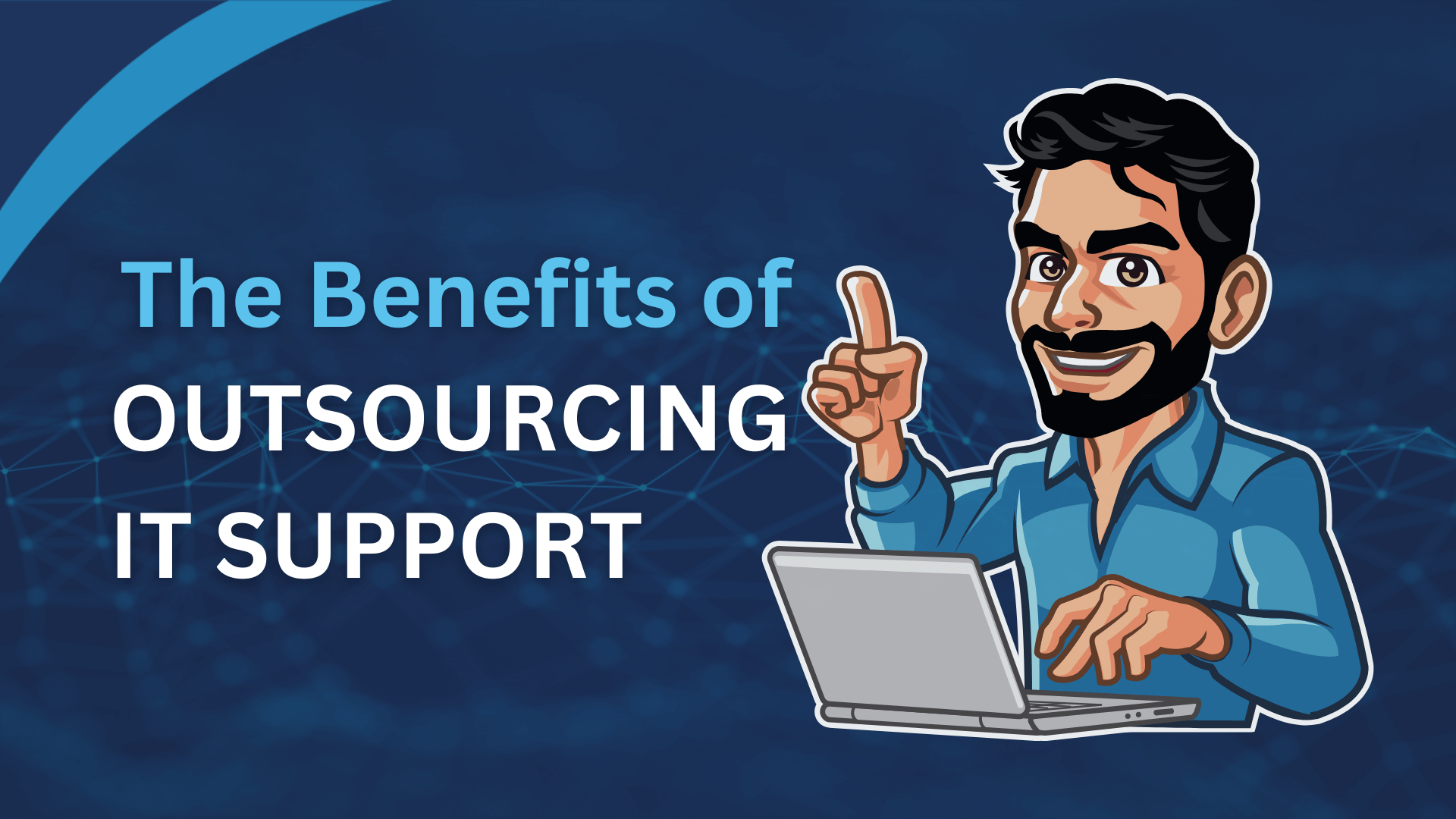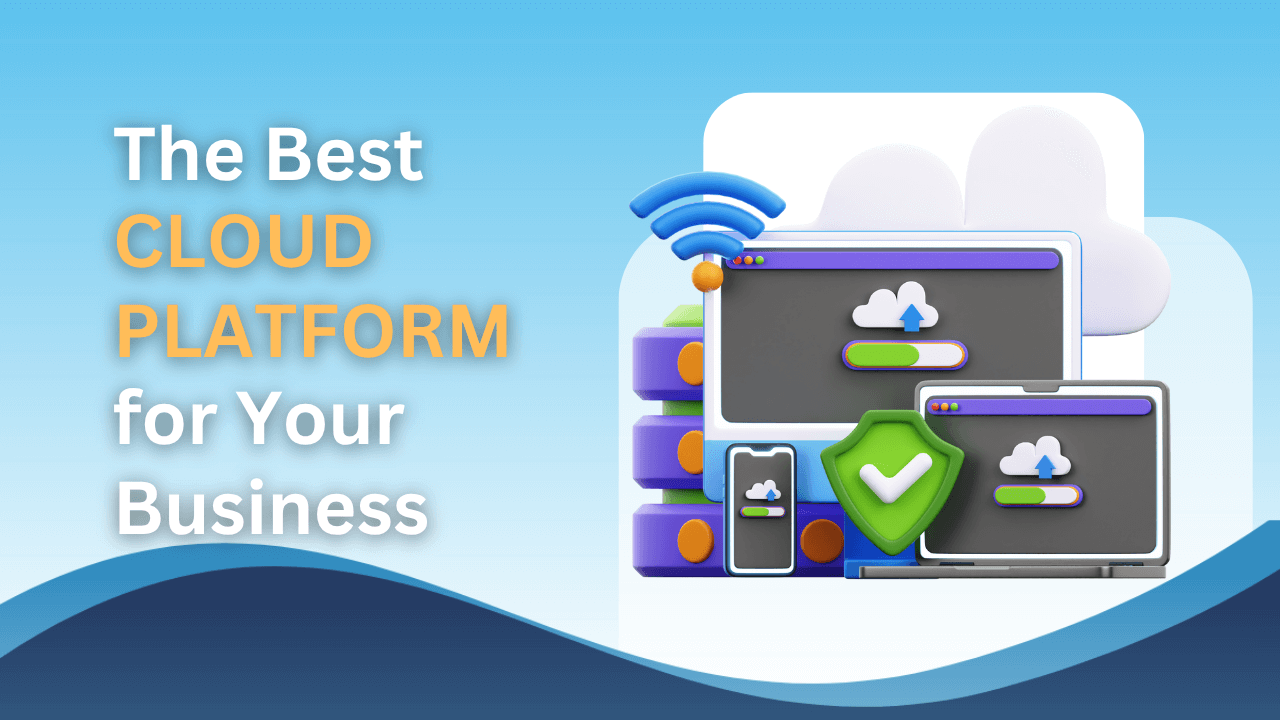Businesses are constantly looking for methods to improve their operations, streamline procedures, and maximise their potential in today’s fast changing digital environment. Migrating to the cloud is one effective way to achieve these objectives. Moving to the cloud is a big decision for any business, but it can be a very rewarding one. Cloud computing has a lot of advantages that can help businesses save money, improve efficiency, and grow. This guide will help businesses understand the cloud migration process and provide valuable insights for those considering this transformative step.
What does it mean to move to the cloud?

Moving to the cloud involves transitioning your company’s data, applications, and IT resources from on-premises servers to remote, virtualized infrastructure hosted on the internet. This can include moving your email, website, databases, and other IT systems to the cloud. This shift empowers you to access and manage your data and applications from anywhere, while offloading the burdens of hardware maintenance and providing scalability to match your needs.
How Do Cloud Services Work?
Cloud services work like this: you rent computing power, storage, and networking from a cloud service provider. The cloud service provider owns and maintains the hardware and software, and you pay for the resources that you use. This is a lot like renting a car instead of buying one. You only pay for the car when you need it, and you don’t have to worry about maintenance or repairs.
Here is an example of how cloud services can be used in a business setting. Let’s say you own a small business and you need to run a website. You could use cloud services to rent computing power and storage for your website. This would save you the cost of buying and maintaining your own server, and you would only pay for the resources that you use.
Why Are Businesses Moving to the Cloud?
There are many reasons why businesses are moving to the cloud. Some of the most common reasons include:
- Cost savings: Cloud computing can help businesses save money on IT costs. Businesses don’t need to purchase and maintain their own hardware and software, which can save them a significant amount of money.
- Scalability: Cloud services can be scaled up or down easily to meet changing business needs. This is ideal for businesses that experience fluctuating traffic or demand.
- Flexibility: Cloud services offer businesses a lot of flexibility in terms of how they use the services. Businesses can choose the services that they need and only pay for the resources that they use.
- Security: Cloud providers offer a high level of security for their data and applications. This is important for businesses that need to protect their sensitive data.
- Innovation: Cloud computing can help businesses innovate faster. Businesses can use cloud services to experiment with new technologies and applications without having to invest in their own hardware and software.
What Are the Risks of Moving to the Cloud?

While the cloud offers numerous advantages, it’s crucial to consider potential risks:
- Security: Cloud providers are responsible for the security of your data and applications. However, there have been cases of cloud providers being hacked, which has resulted in data breaches.
- Vendor lock-in: If you choose the wrong cloud provider, you may find yourself locked into their ecosystem. This can make it difficult and expensive to switch to a different provider in the future.
- Compliance: Cloud providers may not be compliant with all of the regulations that apply to your business. This is something that you need to carefully consider before moving to the cloud.
- Loss of control: When you move your data and applications to the cloud, you are essentially giving up control of them to a third party. This can be a problem if you need to have complete control over your data and applications.
Which Cloud Service Is Best for Your Business?
Just like picking the right tool for a job, choosing the best cloud service depends on what you need. If you want to change things around easily, IaaS (Infrastructure as a Service) is like having a set of building blocks you can rearrange. For instance, let’s say you’re building a website. With IaaS, you’d get the basic computer parts like processors and memory, and then you put them together just the way you want.

If you’re making new computer programs, PaaS (Platform as a Service) is like having a workshop with all the tools you need. Imagine you’re creating a new app. PaaS would provide you with a ready-to-use environment where you can focus on writing the app’s code without worrying about setting up servers or databases.
And if you want ready-made software, SaaS (Software as a Service) is like buying a finished product. Think about email. Instead of installing email software on your computer, you can use a SaaS solution like Gmail. It’s like having someone else handle the software and updates, so you can just start using it right away.
To figure out which one fits you best, just think about what you want to do and how you want to do it. It’s like finding the perfect tool for your business needs!
What are the top Cloud Service Providers in Australia?
Some of the top cloud service providers in Australia include:

- Microsoft Azure: Azure is a cloud computing platform from Microsoft that is used by businesses of all sizes in Australia. It offers a wide range of services, including computing, storage, networking, databases, analytics, machine learning, and artificial intelligence.

- AWS (Amazon Web Services): AWS is the leading cloud service provider in the world and is also a popular choice for businesses in Australia. It offers a wide range of services, including computing, storage, networking, databases, analytics, machine learning, and artificial intelligence.

- Alibaba Cloud: Alibaba Cloud is a cloud computing platform from Alibaba Group that is growing in popularity in Australia. It offers a wide range of services, including computing, storage, networking, databases, analytics, machine learning, and artificial intelligence.

- CloudSigma: CloudSigma is a cloud computing platform that is known for its high performance and scalability. It is a good choice for businesses that need to run demanding applications in the cloud.

- IBM Cloud: IBM Cloud is a cloud computing platform from IBM that is used by businesses of all sizes in Australia. It offers a wide range of services, including computing, storage, networking, databases, analytics, machine learning, and artificial intelligence.

- Oracle Cloud: Oracle Cloud is a cloud computing platform from Oracle that is used by businesses of all sizes in Australia. It offers a wide range of services, including computing, storage, networking, databases, analytics, machine learning, and artificial intelligence.
It is important to choose a cloud service provider that is right for your business needs. Consider factors such as the size of your business, your budget, your IT requirements, and your compliance needs when making your decision.
How Much Does It Cost to Host a Cloud Server?
The cost of hosting a cloud server depends on a number of factors, including the type of cloud service you choose, storage, the amount of resources you need, and the length of your commitment. This flexibility allows businesses to align costs with actual usage. However, in general, cloud hosting is more affordable than server hosting.
In conclusion, cloud migration presents an opportunity for businesses to elevate their operations, increase agility, and drive innovation. By understanding the benefits, risks, and considerations involved, you can make an informed decision that aligns with your organization’s goals. Netcomp Solutions is here to guide you through every step of your cloud journey, ensuring a seamless transition and a brighter digital future for your business.



